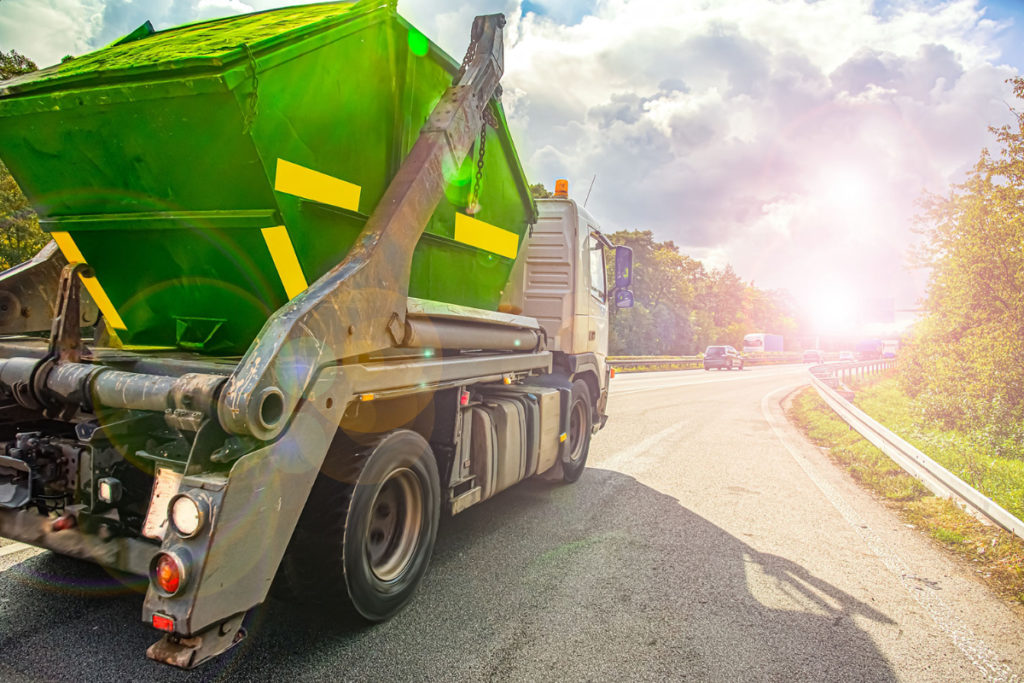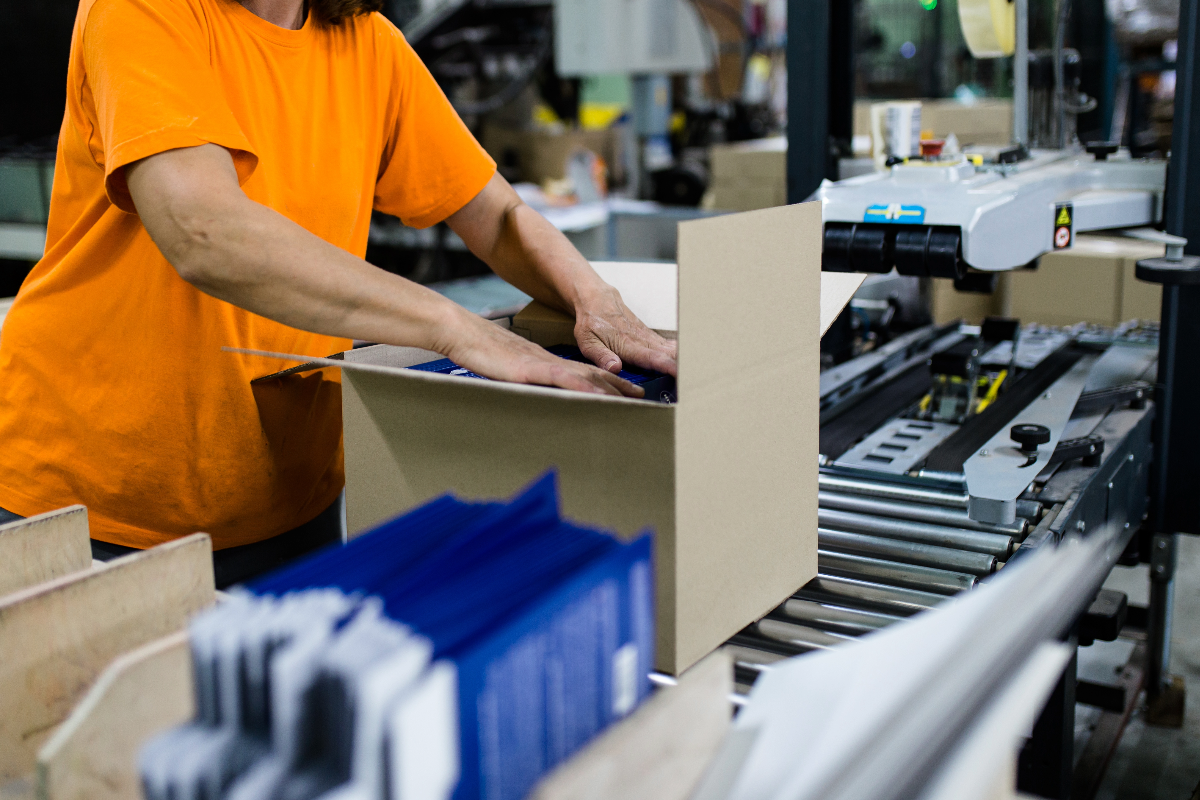BLOG
Waste Reporting: What happens to my waste?

It can be quite easy to overlook and forget what happens to our waste when we throw it away, but the process of what happens to the waste may be more interesting than you realise. When disposed of correctly, we can keep you up with what happens to your waste for that extra peace of mind.
How your waste is reported on is dependent on the waste stream and we keep you in the know about how your waste is disposed of through our waste reporting systems.
Waste Transfer Notes
A waste transfer note is best way for you, the customer, to stay in the know about what a supplier may do with your waste. This will include clear evidence of the waste stream, for example general waste, recycling or hazardous, as well as many other details. Your waste transfer note will also cover the volume and weight of your waste and the corresponding EWC code (European Waste Catalogue code).
Waste transfer notes are a crucial part of waste disposal. As part of your Duty of Care as a waste producer, you need to make sure that any waste you’re producing is disposed of correctly and safely. They provide you with accurate records to show that you have disposed of your waste in the legal and appropriate form. They also show that you have chosen the right supplier, someone with a waste carriers license, as this is also included in your Duty of Care. At Flame UK, we ensure that all the suppliers we work with are fully vetted and compliant with all the legal waste regulations.


Grade Splits and Disposal
A grade split is another form of waste reporting. It’s a monthly report generated by suppliers and sent out to the customer. This will give out a detailed report on what has happened to your waste once it has been disposed of. This will be shown in percentages, so you know exactly how it’s been separated into the different disposal routes and what happened to it afterwards. For example, your grade split may show that 60% of your waste has gone to recycling, 30% used for energy from waste, and 10% has been used for anaerobic digestion. These reports are great for providing clarification on how your waste has been split and what it’s being used for.
Hazardous Waste Consignment Note
Hazardous waste consignment notes are used when hazardous waste is transferred from one person or business to another. Essentially, consignment notes are waste transfer notes but for waste with hazardous qualities. These are a crucial part of your duty of care as a waste producer.
A consignment note is needed for any and all movements of hazardous waste. This includes collections from businesses by registered waste carriers and movements from one premises to another within the same business. If you’re moving waste from premises where another business has produced the hazardous waste, you’ll still need a consignment note if hazardous waste is involved. If your waste isn’t classed as hazardous, you’ll just need a waste transfer note instead.
Hazardous waste consignment notes ensure that your waste has a clear audit trail. This means you’ll be able to track everything that has happened to your waste, from the moment it was produced to the moment it was disposed of. These need to be kept for at least three years as local councils or environmental regulators can ask for you to produce them. If you can’t do this, you could face hefty fines.
Contact us
When you work with Flame UK, you’ll have the peace of mind that you’re fully compliant with any and every legislation. We only work with approved suppliers to make sure your waste is disposed of appropriately, correctly, and safely. Contact one of our experts today to find out more about how we can help your business by providing sustainable waste management solutions.




